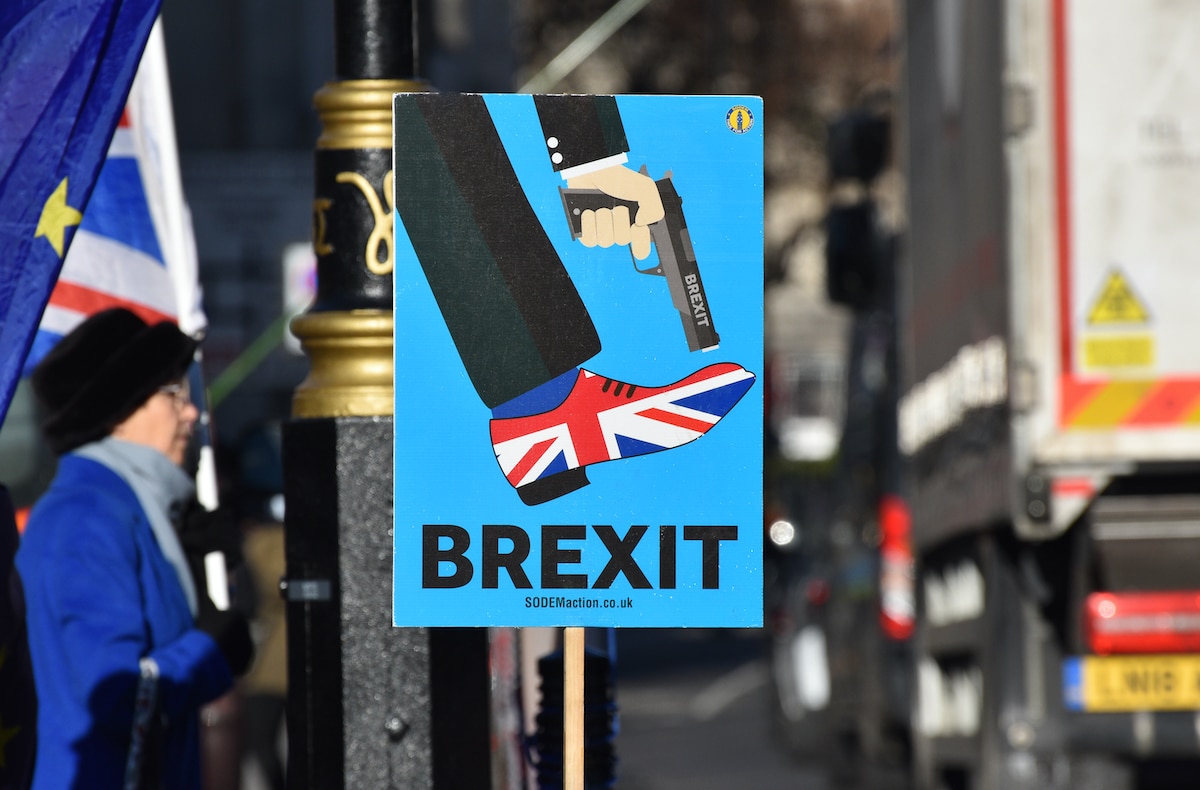Brexit, the gift that keeps on giving, will see the introduction of new import charges on foods from the EU. The charges will see an increase to the price of many popular goods bought by UK shoppers.
Department for Environment, Food and Rural Affairs (DEFRA) Announced the Charges
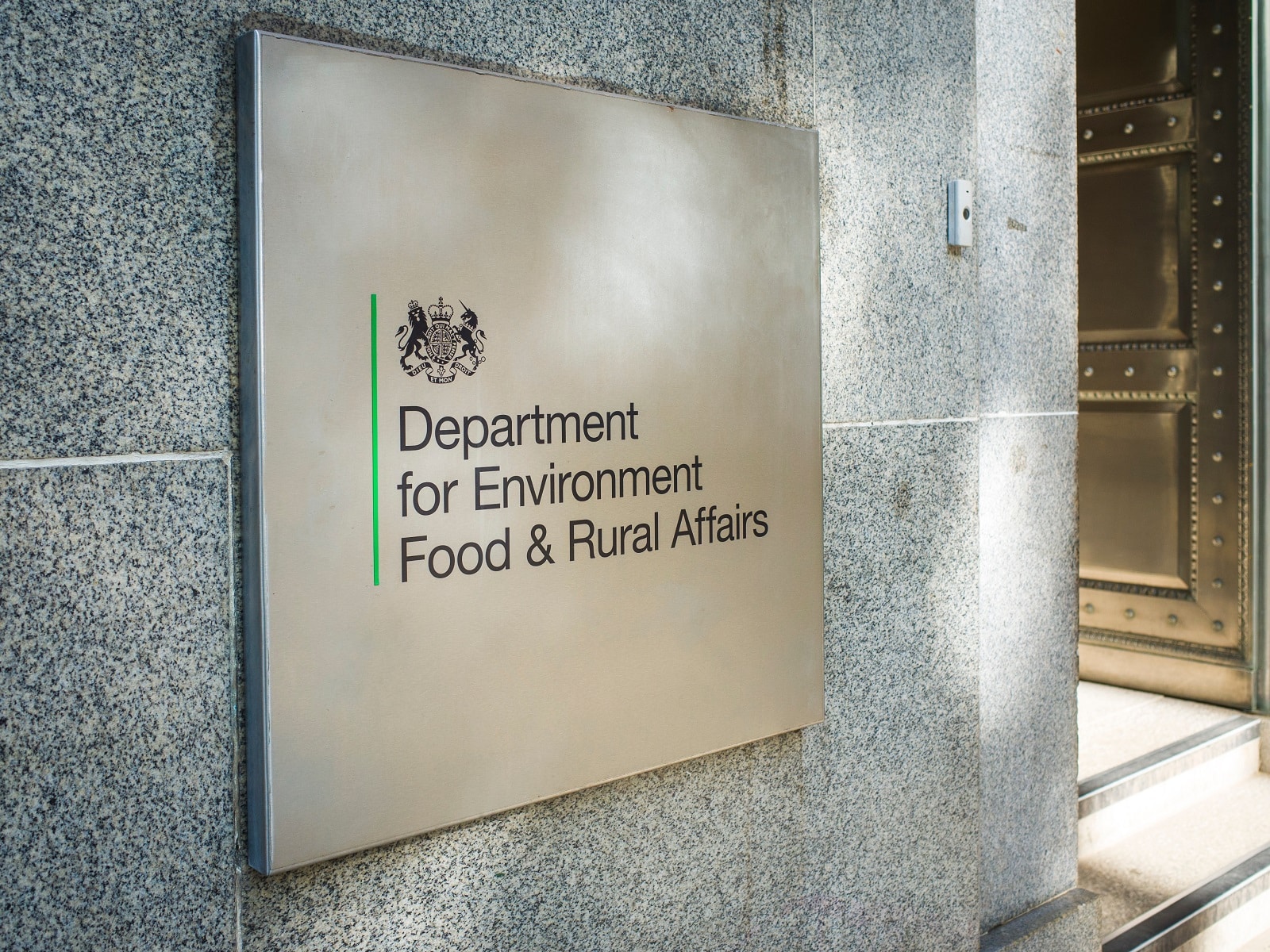
According to DEFRA, the charges will range from £10 to £145 depending on the category of import. The charges will apply to products of plant and/or animal origin and will be classified on risk.
Charges Set to Start in April

DEFRA has announced that the charges will be introduced on April 30th this year. With other costs for businesses going up, and additional import paperwork since Brexit, it’s another slap in the face for certain food and drink importers.
New Charges Called ‘Common User Charge’

Some critics have said it unfairly impacts certain importers, because the charge will apply to food entering the UK from the EU through the Port of Dover and the Eurotunnel at Folkestone.
Costs Set To Trigger Price Hikes
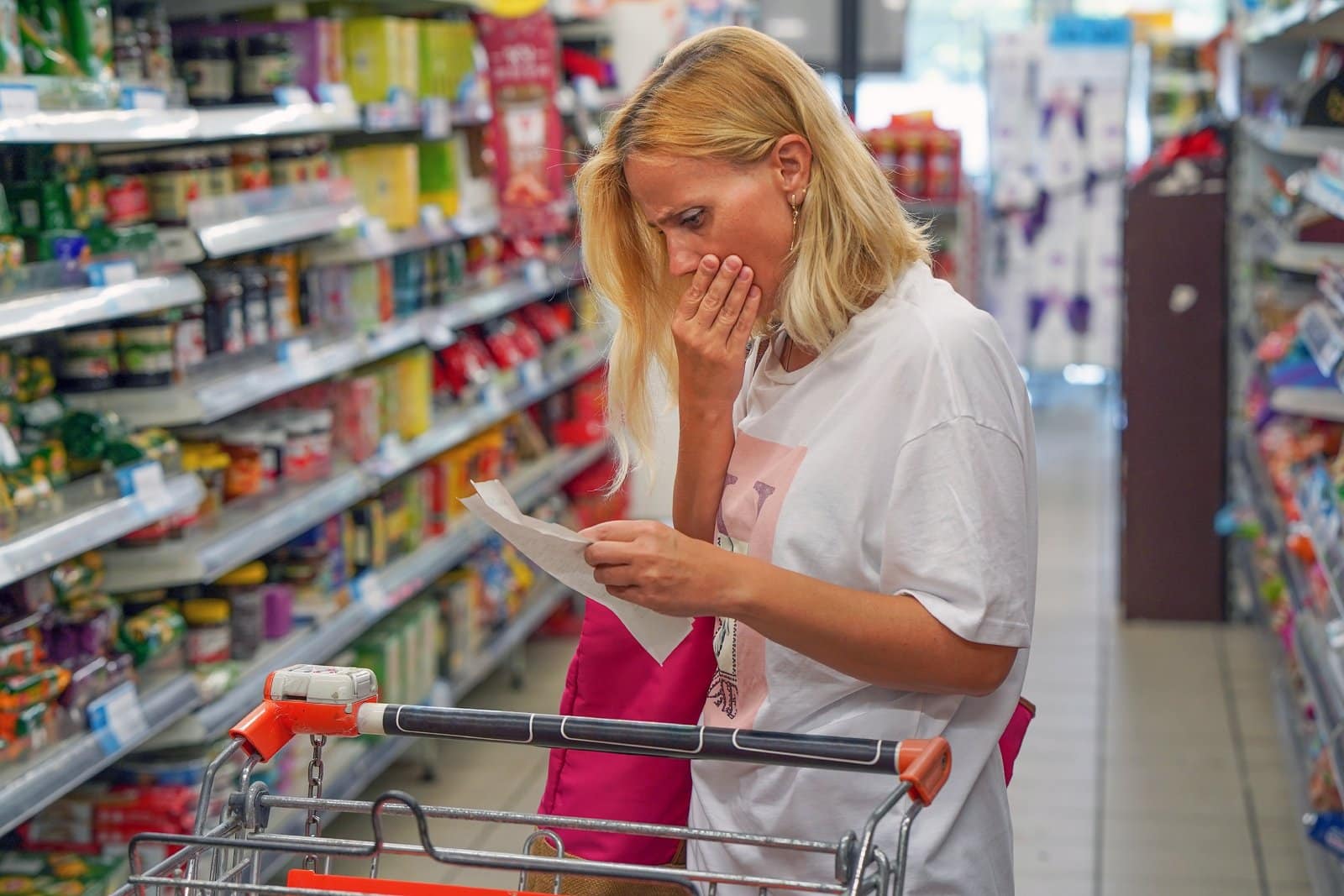
The new charges are expected to be passed down to consumers, making the average price of goods increase yet again. Weary shoppers are almost certainly going to adjust buying habits as a result of these regular price hikes.
Industry Critical of New Charges

Phil Pluck, chief executive of the Cold Chain Federation was critical of the Common User Charge, arguing that the fee would have to be passed on to “either the EU importer, the smaller UK retailer, or the UK consumer”.
Warnings It Will Reduce Shopper Choice
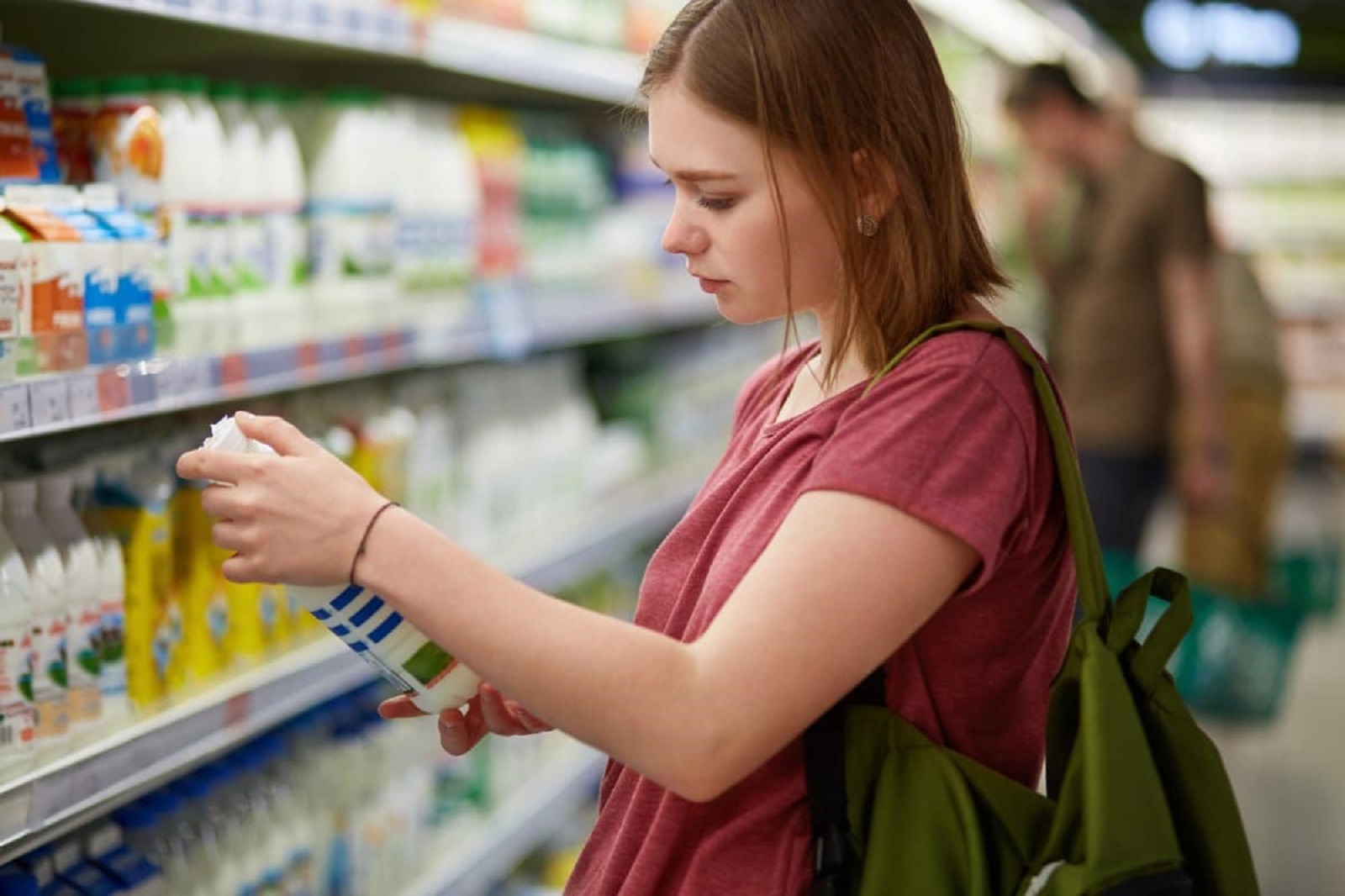
Pluck continued “Ultimately, this will increase business costs and food prices and potentially lower choices for the shopper”
Announcement Timed at the ‘Last Minute’

He also criticized the timing, saying that the government had “announced the charges at the last minute, leaving affected businesses little time to revise their commercial arrangements”.
Government Say ‘Biosecurity’ Is Reason for Charge Introduction
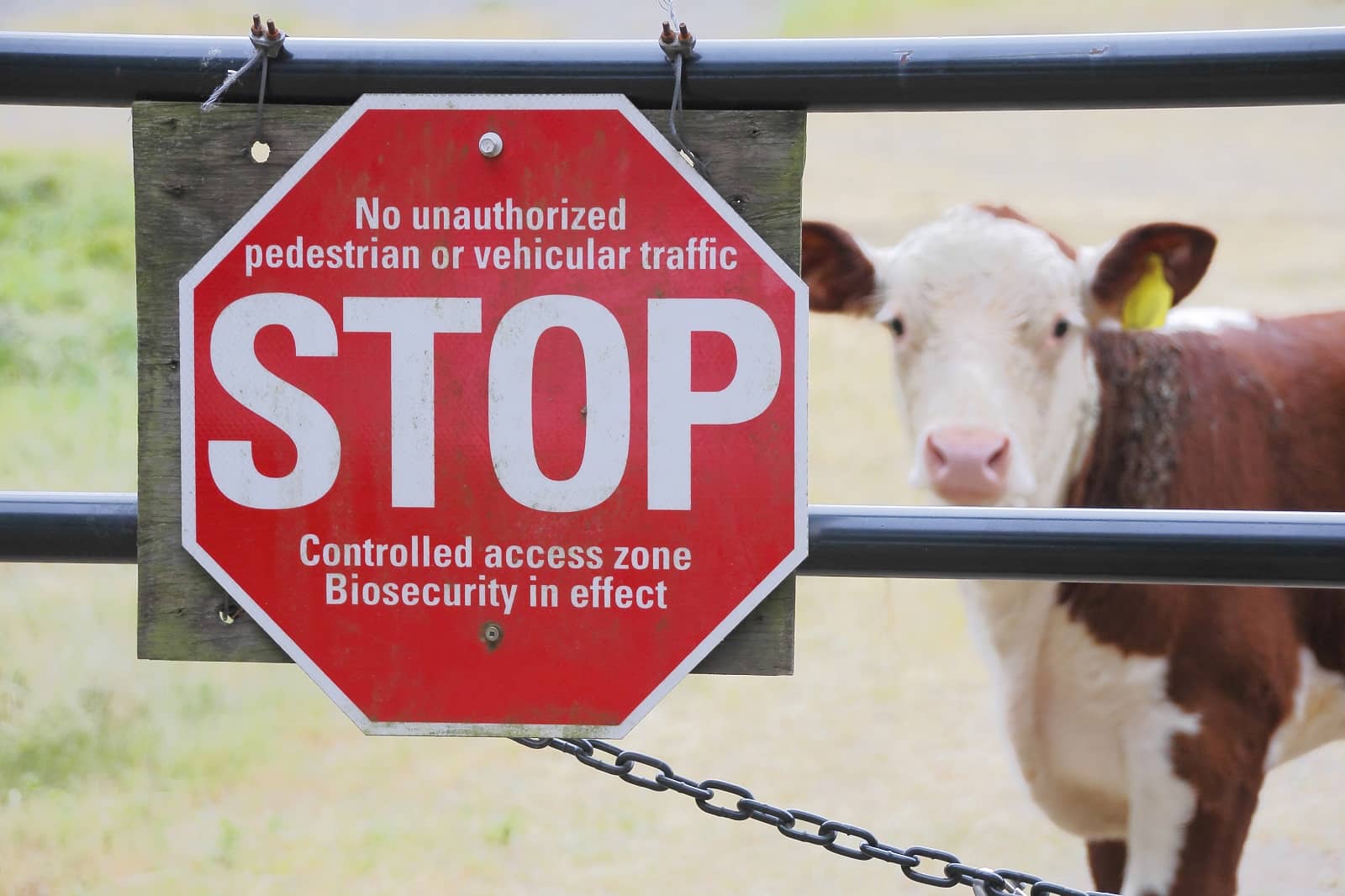
The government claims that the common user charge was needed to pay for both border inspections and fund new facilities to protect biosecurity. They say it will help to prevent the import of plant and animal disease, protecting the UK ecosystem.
More Industry Criticism

The Horticultural Trades Association (HTA) is very disappointed with the government. They said the new policy looks like it was “constructed on the back of an envelope at best” and would “undoubtedly increase costs, potentially reduce consumer choice, and increase the likelihood of empty shelves”.
Range of Charges Likely to be Misleading

James Barnes, the HTA chairman said that “Our sector typically has multiple commodity lines per consignment, meaning, in reality, businesses in our sector will be paying the £145 maximum charge.”
Charges Extend Beyond Food

Most people will be concerned about the impact the common user charge has on food, but it’ll also impact other horticultural products such as flowers, bulbs and various other plants.
Brexit Is The Reason For the Charges
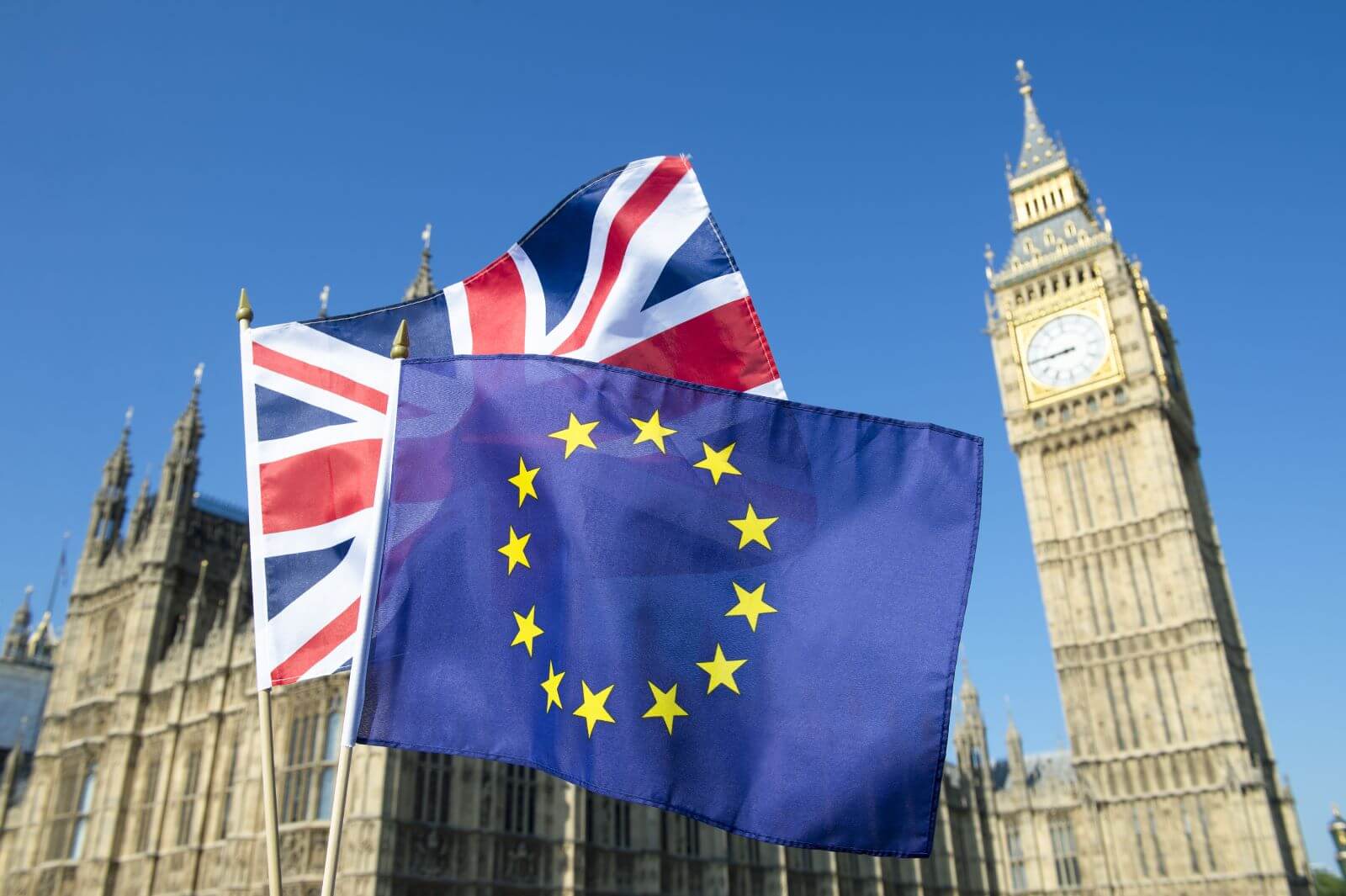
The introduction of the common user charge is a direct result of leaving the EU. As part of the trading bloc, all trade of goods and services was free-flowing and absent of any checks.
Charges Being Used as a Political Football

Labour shadow minister, Nick Thomas-Symonds said: “With less than a month before their introduction, we now know what the costs will be. Labour has a plan to reduce costly bureaucracy, through seeking to negotiate a veterinary agreement with the EU to massively reduce the need for checks, helping make food cheaper and our businesses more competitive.”
Government Defends Introduction of Charges

A government spokesman said the costs were introduced to “recover the costs of operating our world-class border facilities where essential biosecurity checks will protect our food supply, farmers and environment against costly disease outbreaks entering the UK through the short straits”
Government Aim to Smooth Import Process
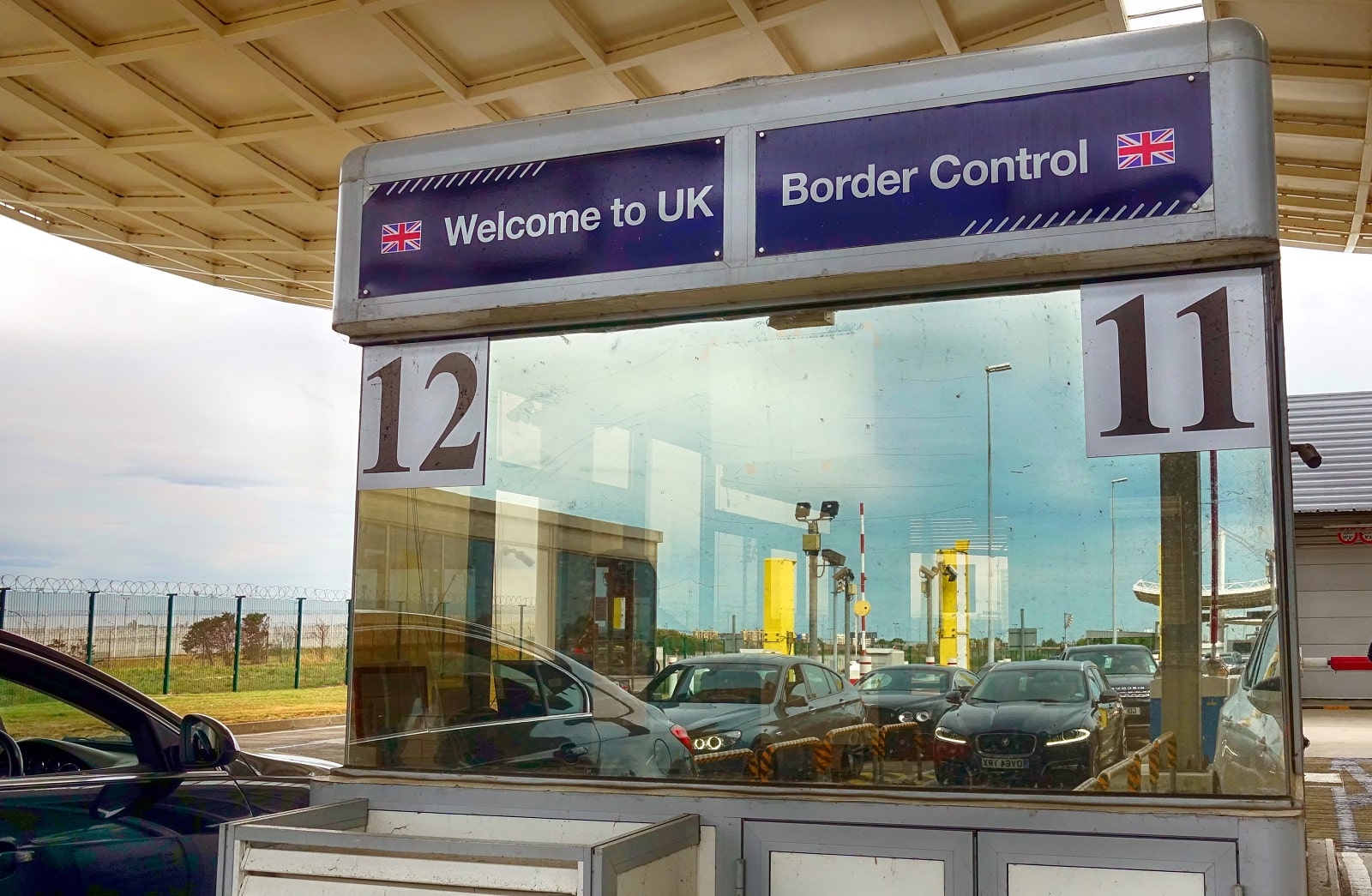
The government statement went on to say “We are committed to supporting businesses of all sizes and across all sectors as they adapt to new border checks and maintaining the smooth flow of imported goods.”
Irony Clearly Lost On Process
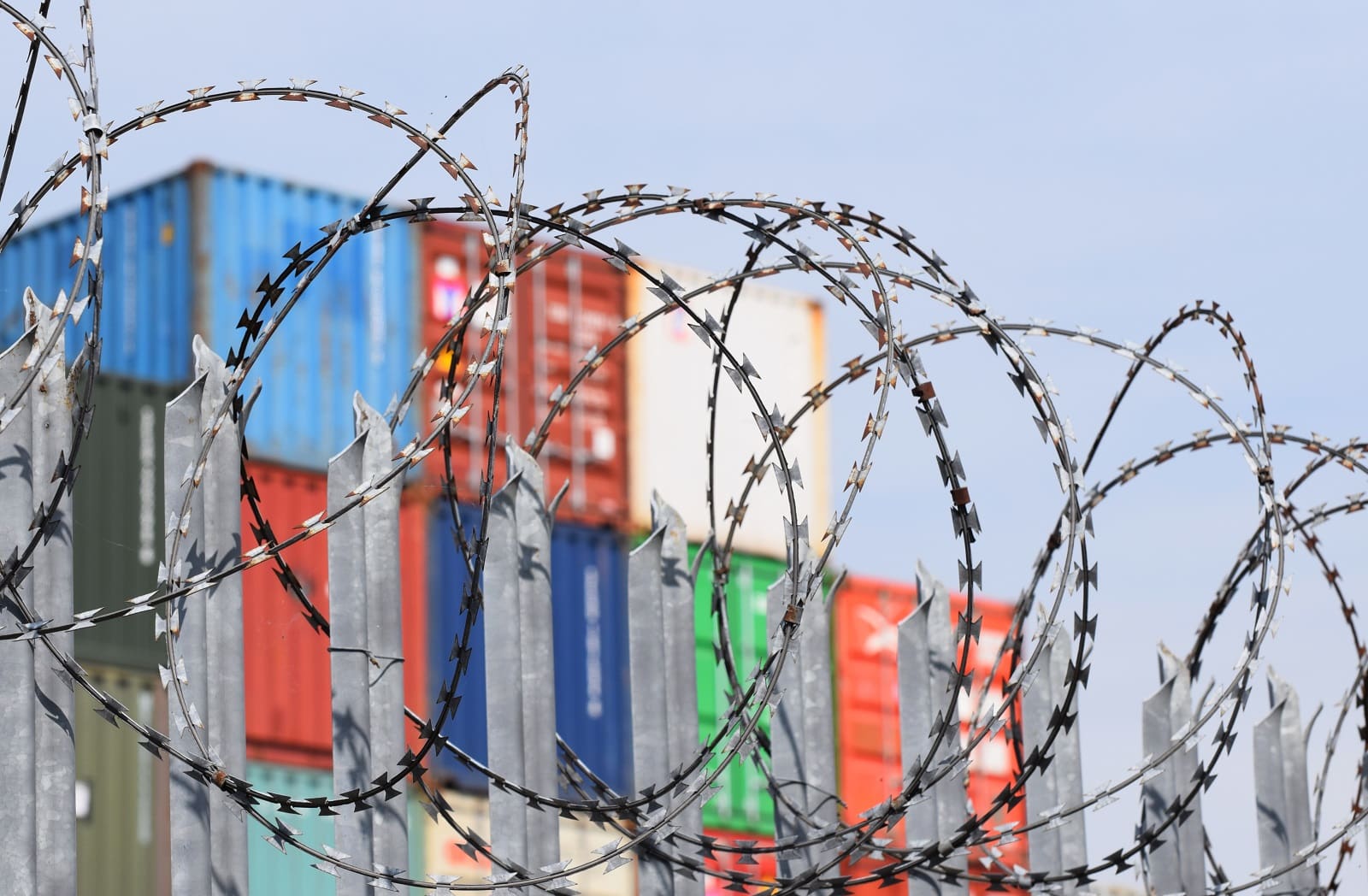
Claiming that the new import costs and checks will help to smooth the flow is fanciful. Before Brexit none of these were required, making this a problem entirely of our own doing.
Cost Not the Only Issue
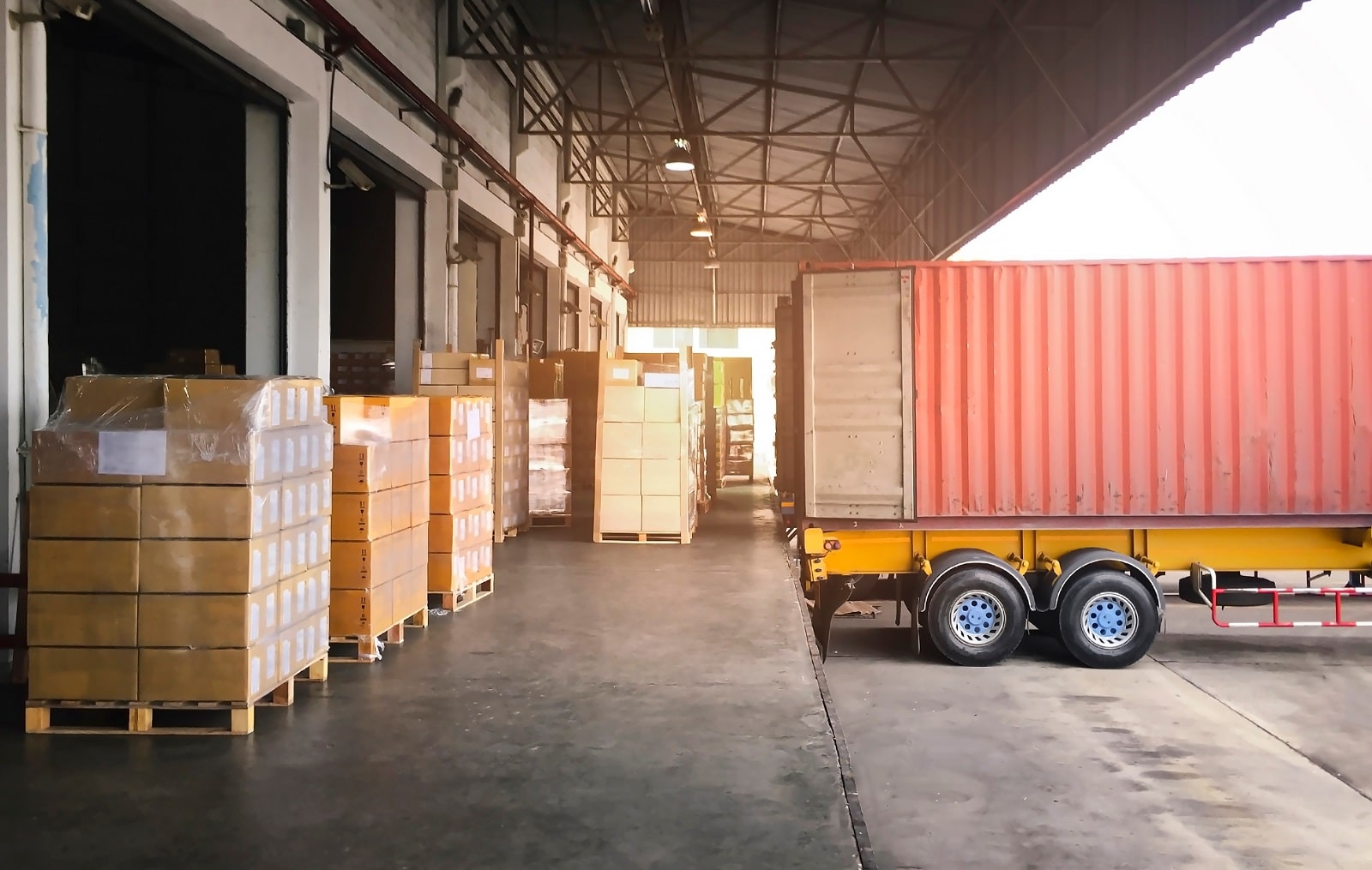
Concerns raised on social media highlight not just the cost implications, but the food quality. By slowing down the flow of goods through ports and into distribution networks, some commentators said we risk delivering food that isn’t as fresh, therefore lower quality.
Higher Cost, Lower Quality
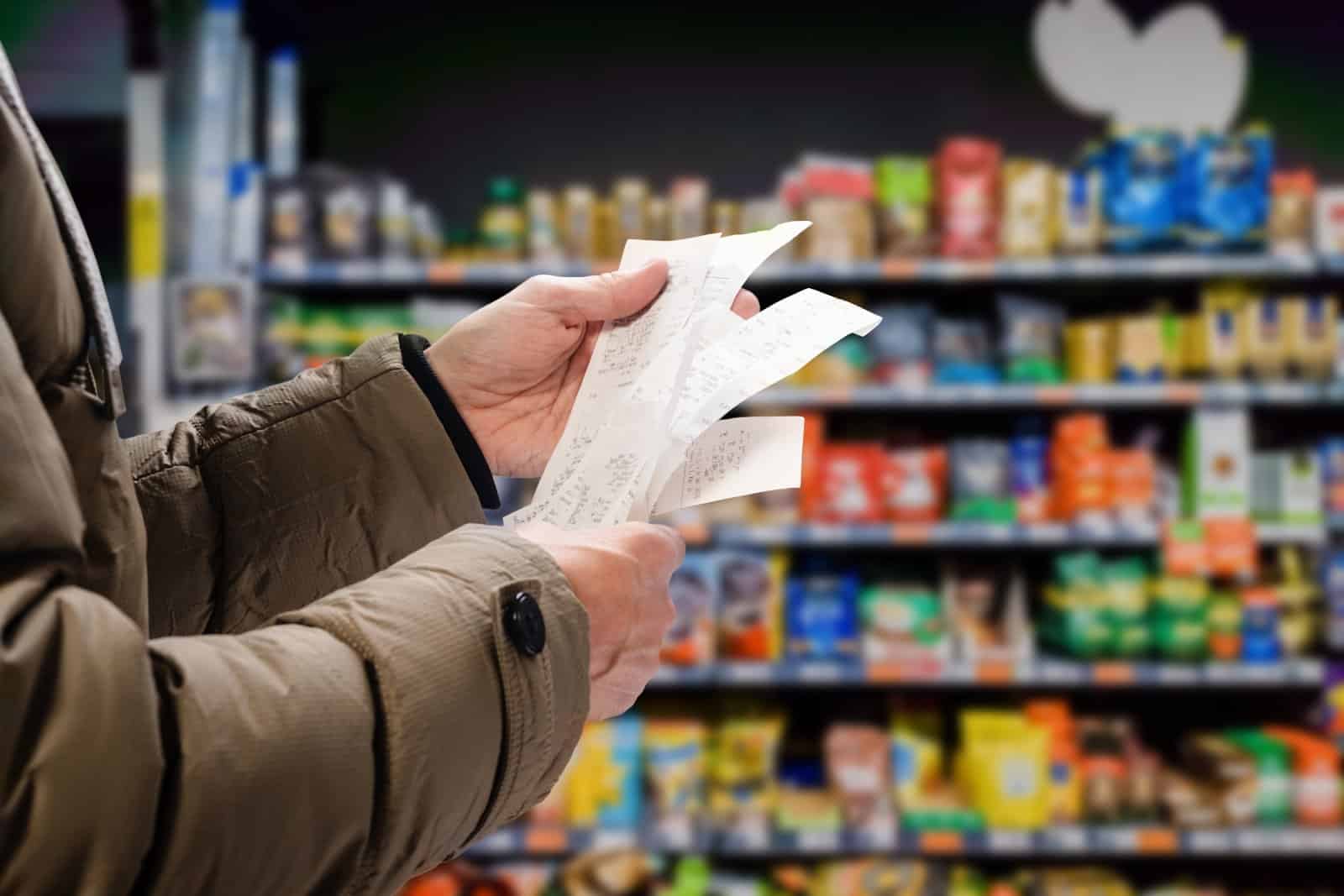
If these warnings turn out to be accurate, it’ll mean shoppers are paying extra for lower quality goods. This won’t just impact consumers – it’ll also hurt businesses as shoppers turn away from those products.
Self-Inflicted Wounds to Blame

Price hikes happen for all kinds of reasons – some we can control, others we can’t. This is one of those self-inflicted wounds that make us ask the question… Was Brexit worth it? Many are yet to be convinced…
More Articles Like This…
Broken Britain: 12 Reasons Behind the UK’s Decline
Say the Unsayable: 10 Occasions When Farage Spoke His Mind About Britain
The post Brexit Afterburn: More Food Price Increases Expected As Import Charges Bite first appeared on Edge Media.
Featured Image Credit: Shutterstock / Amani A.

